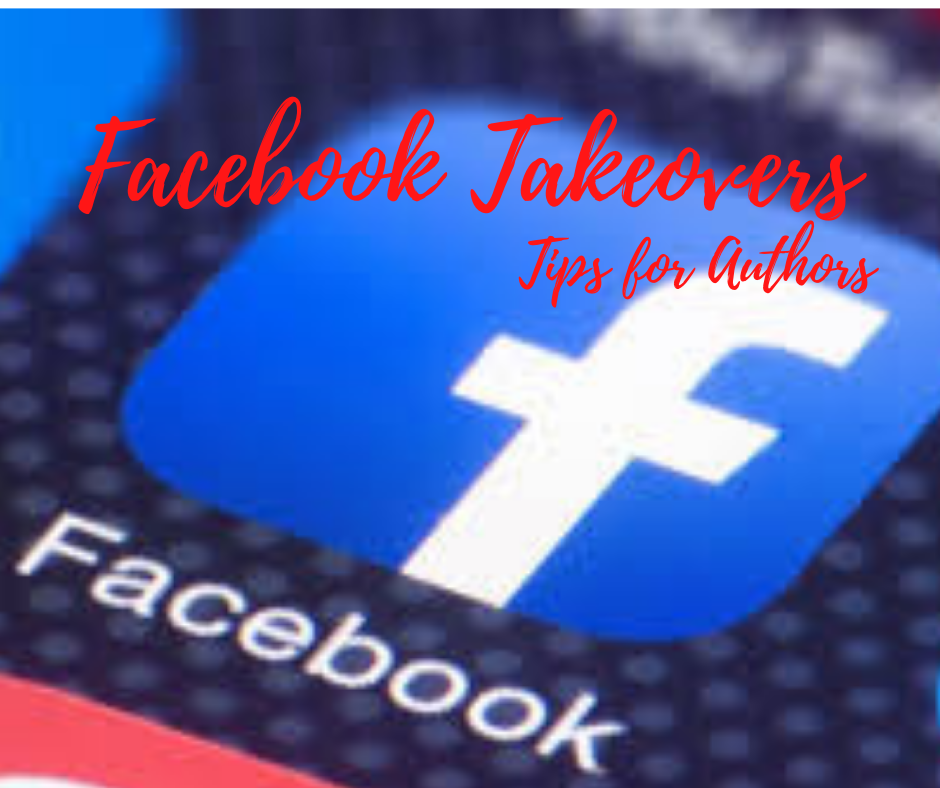Make a List to Help You Market Your Book
/As you start to market your book, it’s a good idea to have ideas for blogs, podcasts, interviews, and author talks. Here are some things that have worked for me through the years.
For every new book, make a list of the themes and references in the story. You will find things that interest readers outside of your genre. Highlight these in your book promotions. For my Jules Keene Glamping Mysteries, my list includes: vintage trailers, tiny houses, the Blue Ridge Mountains, glamping, cybersecurity, bluetooth devices, and Jack Russell Terriers. These are subjects that you can use as you promote your book.
Look for online and local groups that share these interests and approach them about doing a guest post or a talk.
Also make a list of your interests and areas where you have expertise. These can be used for blogs, workshop topics, and marketing ideas. It is much easier to pitch a workshop topic if you have expertise to share.
When I create handouts and slide shows for classes that I teach, I always make sure that they are branded with my website and include my contact information.
Libraries and other groups are always looking for speakers for programs. I keep a list of topics for readers, mystery lovers, and writers. I have a synopsis of each in a file that I can pitch to possible event sponsors.
Look for other groups in your area that offer classes. There are many active senior communities, clubs, and learning centers that look for guest speakers. Many of these also have book clubs that host meet-the-author events.
When you do guest blogs, many times, it will be up to you to come up with the topic. You’ll have more success if it’s entertaining or informative instead of 800 words about “buy my book.” The idea is to introduce yourself and your writing to a new group of readers. You want your headline and post to catch the reader’s attention.
When you do interviews, podcasts, and author panels, make sure your anecdotes are fresh. Don’t tell the same story at every event or interview.












